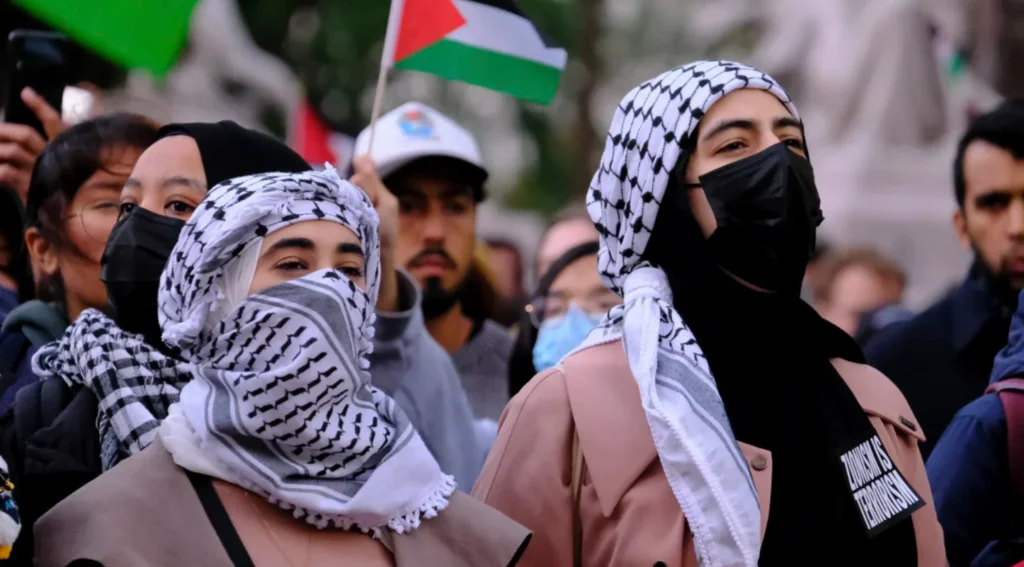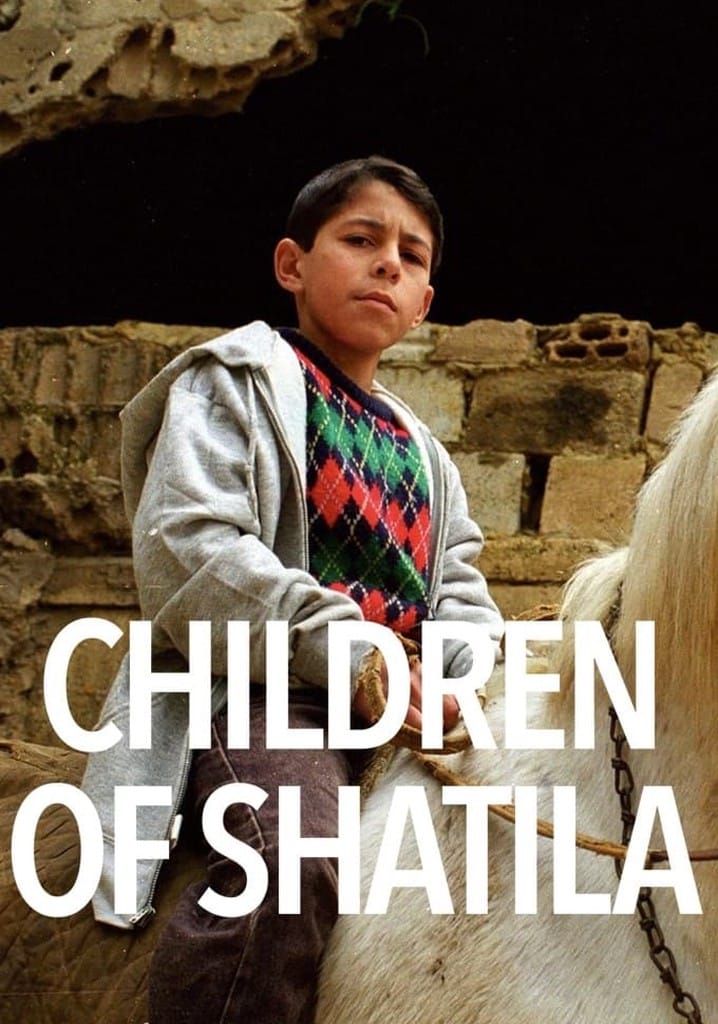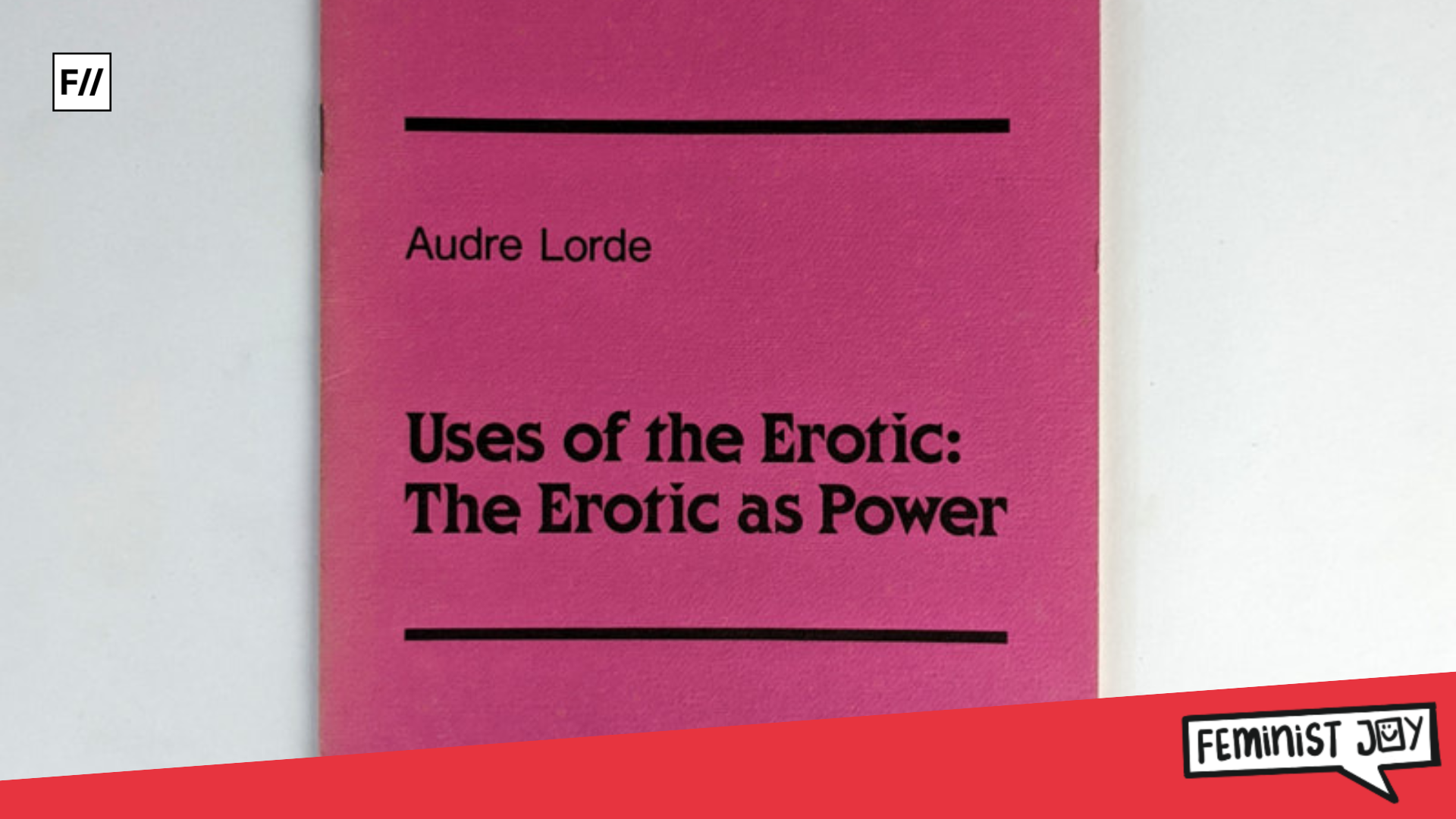Netflix is more than a space of promoting art and culture, it is not only a medium of storytelling. It is also a site where the nexus between the state, media partners and their ties with Israel become apparent rather subtly.
In October 2024, Netflix took down a series of films out of a collection of 32 films representing Palestinian lives, culture and resistance- Ave Maria and Children of Shatila, to name a few.
In October 2024, Netflix took down a series of films out of a collection of 32 films representing Palestinian lives, culture and resistance- Ave Maria and Children of Shatila, to name a few. The addition of these films was met with reprisal from the Israeli lobbies, for showcasing Palestinian lives, hopes, aspirations and lived experiences.
Defending its decision, the US-headquartered streaming service provider argued that the licensed collection of the films was launched for a period of three years, from 2021, which has now terminated. This decision has met with a profound public outcry on X, with users referring to it as an abhorrent strategy to suppress Palestinian cultural expression, preventing the narratives of exploitation and human rights violation from reaching the masses.
A tool for silencing Palestinian voices
Stories of people and their resistance are a living embodiment of the past. They are an instrument of keeping history alive. In the podcast ‘Two Palestinian American writers on being denied the right to a story’, Sandhya Dirks rightfully argues that Palestinians have been ‘bombarded to forgetfulness, bombarded to erasure.‘
A letter to Netflix’s CEO was formulated by Freedom Forward, questioning their reluctance to offer transparent and accountable stance on their decision, stating that ‘the systemic suppression of Palestinian voices and censorship of content prevent U.S. and Western societies from being aware of and understanding the reality of Western governments’ support for Israel’s brutal policies of occupation, apartheid, ethnic cleansing, and now, genocide of Palestinians.’
Not only have nearly all the films been removed, the entire section entitled “Palestinian Stories” is nowhere to be found on the app and website. This attempt to wipe-out Palestinian voices is an extension of the suppression of their identity which has continued since decades now. At a time when the lives and livelihoods in the Gaza strip are being brutally threatened, it becomes ever imperative for the platform to uphold the voices, opinions and narratives from the heart of Palestine, providing an image of the violence they are subjected to everyday. It should have rather promoted, rather than erased the works documenting life under the hegemonic dominance of the Israelis, of the impact of Israeli occupation, systemic violence, ethnic cleansing and mass murder on their lives.
The Council on American-Islamic Relations expressed profound concern about the time chosen by the platform for implementing this decision. In a highly politically charged atmosphere, when the atrocities and crimes against humanity in Gaza are constantly being unseen, it is imperative to amplify the voices that remain, more than ever before. To express their support and solidarity with those enduring, surviving and succumbing to genocide everyday, an increasing number of subscribers have canceled their Netflix subscriptions. They staunchly believed that the subscription amount contributes to the financial aid extended to Israel.
Beyond mere censorship
It is imperative to question whether Netflix is really a neutral space, or if its actions are rooted in vested interests to aid the powerful? Is it an apolitical entity that is only oriented towards accumulating profit? The answer to these questions lies in the starkly distinct representation of Palestinian and Israeli stories through online platforms.
It is imperative to question whether Netflix is really a neutral space, or if its actions are rooted in vested interests to aid the powerful? Is it an apolitical entity that is only oriented towards accumulating profit?
Belen Fernandez, in ‘Netflix and Israel: A special relationship‘ highlights the response she received from a Netflix official on the platform being accused of furthering Israeli propaganda: ‘We’re in the business of entertainment, not media or politics‘, the official stated. However, Netflix has monopoly over what content one views, and thus, it’s decisions are imbued with grave social and political implications.
The “online” isolation that Palestinians are subjected to alarms us about how Israel’s allies in the US will have more control over what should be seen and hidden in mainstream media. For instance, when Farha, a film highlighting the gruesome cleansing of Palestinian Arabs in 1948 was streamed on the platform, it was severely censured by Israeli authorities.
With a mastery in furthering propaganda and making optimum use of technology, complemented by strong influence in the US’s Silicon Valley and the capital, Israel succeeded in its strategy of transforming media sites into it’s partners in isolating Palestinians. Israel is one of the major beneficiaries of foreign aid from the United States.
Today, Palestinian lives are being threatened by bombs, manufactured and supplied by the US. In the context of the unwavering support that Biden’s government is extending to Israel for waging a war against Gaza, this move has come to be recognised as a means of aggravating hostility and alienation among Palestinians.
In the context of the unwavering support that Biden’s government is extending to Israel for waging a war against Gaza, this move has come to be recognised as a means of aggravating hostility and alienation among Palestinians.
Only those films which project Palestinians as a threat and source of terror continue to stream on the platform. For instance, a film titled Fauda, literally translating to ‘mess’ or ‘chaos’, traces the course of action pursued by a team of Israeli undercover agents, disguised as Palestinians to identify and arrest dissidents. It is quite apparent that Netflix has succumbed to pressures from Zionist forces, aiming to suppress Palestinian resistance against genocide, employing the strategy of ‘out of sight, out of mind‘. It has become a tool for perpetuating stereotypes against and undermining the suffering of Palestinians.
Subscribe and watch what complicity looks like
It’s obvious why Israel and it’s partners in the States vigorously attempt to strike out Palestinians from their version of history, understandably so because Palestinian resistance not only condemns the genocide ignited by Israel and fueled by the US, but also steers an intense dialogue around the Zionist movement and the colonial mind it was driven by. It is practically impossible for Israel to endure this truth.
Netflix is more than a space of promoting art and culture, it is not only a medium of storytelling. It is also a site where the nexus between the state, media partners and their ties with Israel become apparent rather subtly. If you are media literate enough, you must know that it is a tool for controlling what is seen and heard, how the masses think, what they are allowed to think, who has access to being seen, and who becomes invisible in the public eye.
It successfully exercises an invisible undemocratic authority over it’s users, driving them towards a polarised, xenophobic rancour. The site has become a promoter of Zionist racism and genocide, mercilessly murdering one of the most politically and economically disadvantaged communities on the face of this planet. It is no less than a complicit and mute spectator in what is inarguably one of the most gruesome attacks on humanity in general, and Palestinian lives in particular.
About the author(s)
Syeda Shua Zaidi is a student of B.A. (Hons) Sociology, at Miranda House. Passionate about poetry, filmmaking, heritage walks, social work and all things vintage, you would find her reading the works of Murakami, Khaled Hosseini and Agatha Christie while treating herself to a cup of tea. Firmly a believer of "disagreements are welcome, disrespect is not".









Thought-provoking.